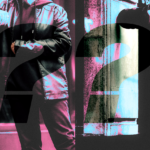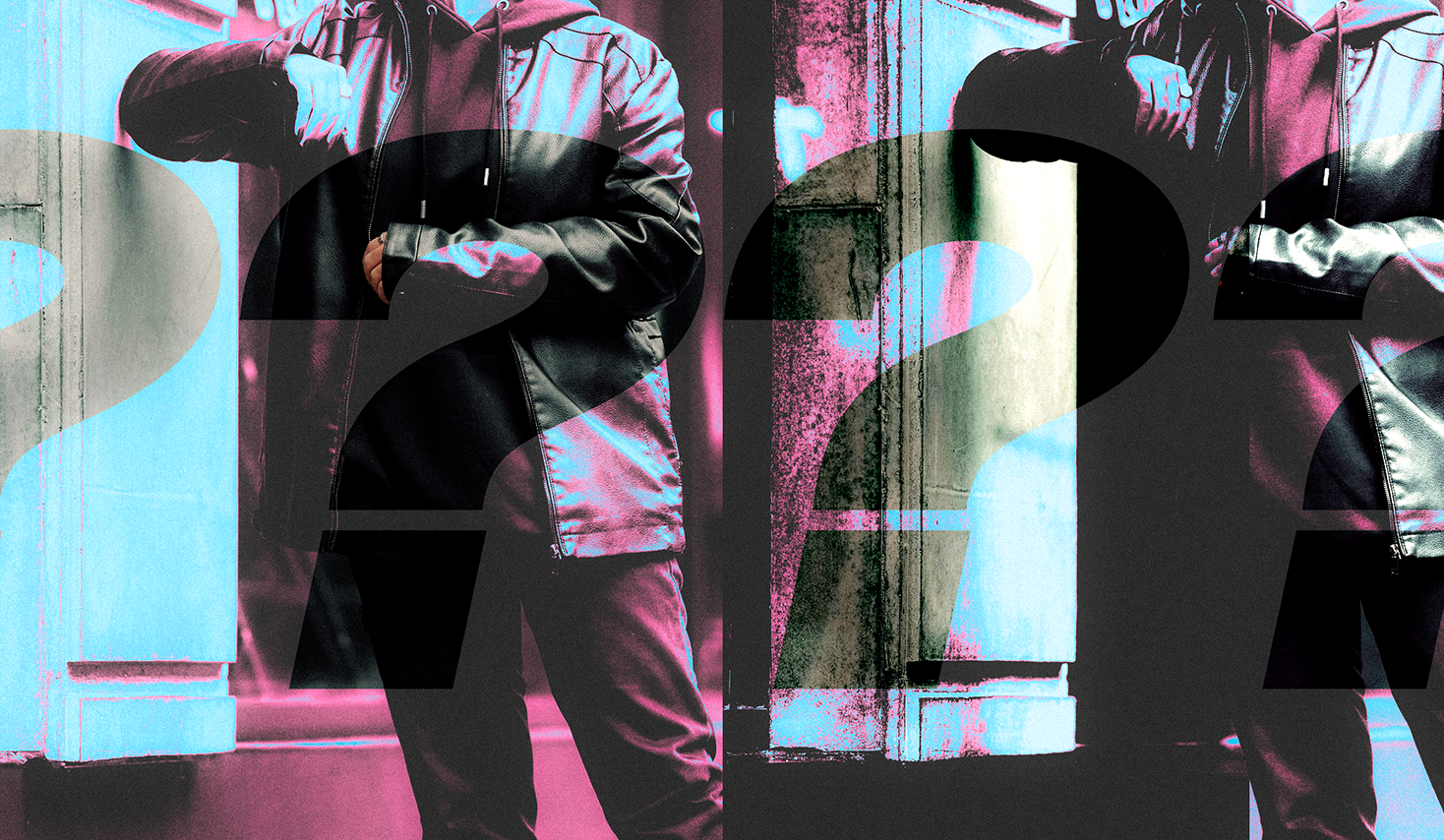
This Trans+ History Week, Just Like Us ambassador Maha Borbon is reflecting on how socially constructed binaries have impacted them as a transmasc person.
Words by Maha Borbon
Header by Yosef Phelan

In our society, everything is divided into binaries. Masculine and feminine. I’m a very flamboyant person, you’ll see me in the brightest of colours all the time. And if you want your nails to be done, seriously, just hit me up! I’m a transmasc person, but I still love some things that are considered stereotypically feminine. Now, I can say that I like how it adds some fluidity in my gender expression, but it took me some time to realise that all these things don’t make me ‘less of a man’.
I knew I was trans around the time of puberty. I didn’t grow up in a liberal country, so I had to take time to educate about queerness and understand myself. After a couple of years, when I moved to the UK, I came out as transmasculine to my close group of people. Surprisingly, coming out to others, for me, seemed easier than coming out to myself.
Growing up, unfortunately, I did not have many good role models around me who could tell me “how to be a good man”. I remember spending time together with my guy friends, and their perception of masculinity made me want to step back into the closet. It’s not their fault; they simply were following what society has told them about being a man.
I was told by friends to wear fewer colours, to not be emotionally sensitive, to make sure that I viewed masculinity as being a provider and a breadwinner. In short, I was surrounded by toxic masculinity that only served to fuel the patriarchy.
But I never saw myself following their advice, but I felt worried. If I didn’t really like beer, if I wanted to express myself with colourful clothes, if I didn’t subscribe to toxic masculinity; how would I ever pass as a man?
As a trans man or a trans masculine person, it often feels like we have to go the extra mile to prove our masculinity. People have often questioned my gender expression, giving opinions on what is masculine and feminine. But masculinity and femininity are just social constructs.
My gender expression has been one of the most crucial elements for me in managing my dysphoria. I haven’t begun my medical transition yet, so it gets difficult on some days. But the experience and expression of gender is one’s own. The only person who has autonomy over it is you. My gender euphoria is mine alone, just like your euphoria is only yours, and that is what makes it so special. Isn’t that the most beautiful thing?
I will be honest; I took a while to deconstruct all of these ideas surrounding masculinity in society, but it feels like every day I become a little bit more confident in myself. I’ve ditched the monochromatic uniform I used to wear, my eyes tear up every time I see a cute dog. If it makes me a sensitive person, so be it. I’m still very much a man.
Masculinity can mean what we want it to mean, and it certainly doesn’t need to be proven. I won’t let my masculinity be so fragile that society can break it and dictate it according to other people’s terms.
It is difficult. I figure out new ways to tackle these binaries every day, and I’m sure many queer people do the same. At the end of the day, it is not about how you think you should be as a trans man or transmasculine person, it is about how you can be a good human. This Trans+ History Week, I hope we can all express ourselves in the ways we want to, in the ways that make us happy. And that is what my masculinity is for me – being truly myself.
Maha volunteers as an ambassador for Just Like Us, the LGBT+ young people’s charity. LGBT+ and aged 18 to 25? Sign up here!
The post ‘What does masculinity mean to me as a transmasc person?’ appeared first on GAY TIMES.

0 Comments